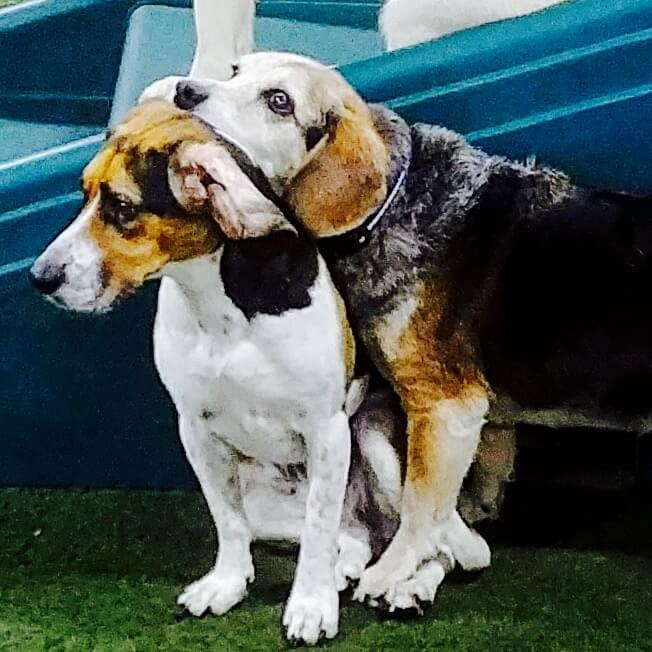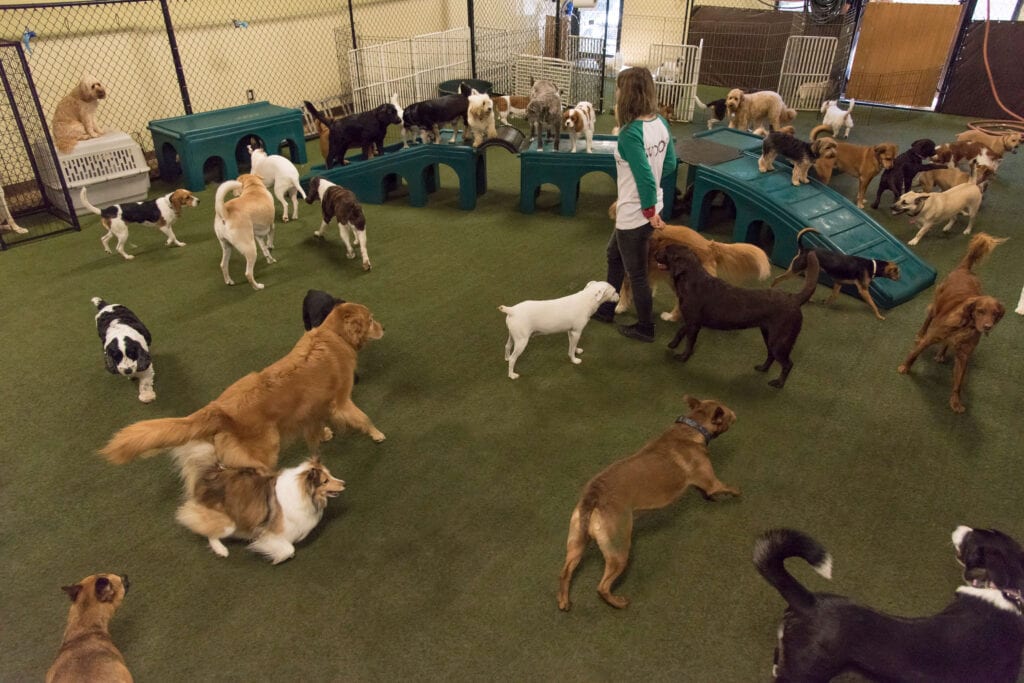Essential oils are the aromatic and volatile liquids that are distilled from certain aromatic plants. Only about 1% of all plants are classified as aromatic. Hundreds of chemical compounds make up a plant’s essence. When these compounds are distilled, they become very potent.
Because essential oils so powerful, they should be treated with the same respect and caution that we give to drugs, allopathic medicine and herbs. At least 30% of all prescription drugs are derived from naturally occurring compounds in plants.
There are three main ways to use an essential oil; topically, orally and by diffusing. The safest way to use essential oils for animals is by diffusion. But even at that, not all oils are meant for diffusing and some should not be diffused around animals. What is safe for you, might not be safe for your dog. What is safe for your dog, might not be safe for your cat or bird. It’s important to know what you are doing before starting to use essential oils.
Always buy the highest quality essential oil you can find. The quality of the plant, processing, packaging and handling and storage are all important things to consider. Many oils may be adulterated or diluted. They might also be exposed to heat, light or oxygen that will impact the quality. When possible, choose an oil that is derived from an organically grown plant, free of chemicals and pesticides.
Not all essential oils are safe to use around animals, so do your research before dousing your dog with whatever essential oil you might have one hand. The use of essential oils to help animals is knows as Veterinary Aromatic Medicine. Essential oils can be highly effective for many health and behavior issues, but always check with a veterinarian who is skilled in essential oils, before you try treating a medical condition at home on your own.
Five essential oils that are great to have on hand and generally considered safe for use with dogs, are lavender, frankincense and peppermint, chamomile, and cedarwood.
Lavender is great for its calming effect. It also repels insects, soothes skin conditions and can help lower blood pressure. It’s safe to diffuse not only around dogs, but also cats and birds. It is however one of the most adulterated oils on the market and is often synthetically created. Always look for the purest oil you can find. Lavandin is a hybrid of lavender and it often contains camphor and should be avoided around animals.
Frankincense is one of the most important oils available. It is considered very safe and is used for a wide variety of conditions including cancer, tumors, cysts, depression seizures, immune system regulation and autoimmune disorders. It is safe to use around all species. There are many varieties of Frankincense to choose from. The one that is generally recommended as the best all-around choice is Boswellia carterii. Boswellia sacra, which is Sacred Frankincense is considered much stronger and might be too much too start out with on your pet.
Peppermint is an anti-inflammatory, antibacterial, antiviral, antifungal. It’s great for digestion, diarrhea, vomiting and colic. It also boosts stamina, mental alertness and can be used to help with headaches and chronic pain. Peppermint is often added to natural ointments, salves and shampoos. It can also be added to soaking water when giving paw washes.
Chamomile is great for calming and reducing stress. It is also an anti-inflammatory and helps with skin irritations and wound healing.
Cedarwood oil is a great insect repellent. It also is a calming agent and it supports the lungs and aids with circulation. It’s often found in flea and tick shampoos and natural repellants.
Essential oils that should not be used on any animal, unless you are working with someone who really understand oils and animals, include anise, camphor, clove, garlic, juniper, oregano, pennyroyal, thyme, rue, sassafras, tea tree, wintergreen, wormwood and yarrow.
Since tea tree oil is on the list of oils that can be toxic to dogs, does that mean you need to throw away the Kissable Toothpaste for Dogs that you have in the cupboard? The very small amount of tea tree oil in the product is safe to use and it has the benefit of being antiseptic and antifungal. But generally speaking, tea tree oil should not be used directly on dogs and it is not safe to diffuse around your pet.
Safety is often about the blend or use of a carrier oil, application or amount, but it’s always better to be safe than sorry. Consult with an expert in Veterinary Aromatic Medicine if you are not sure about a certain oil.






